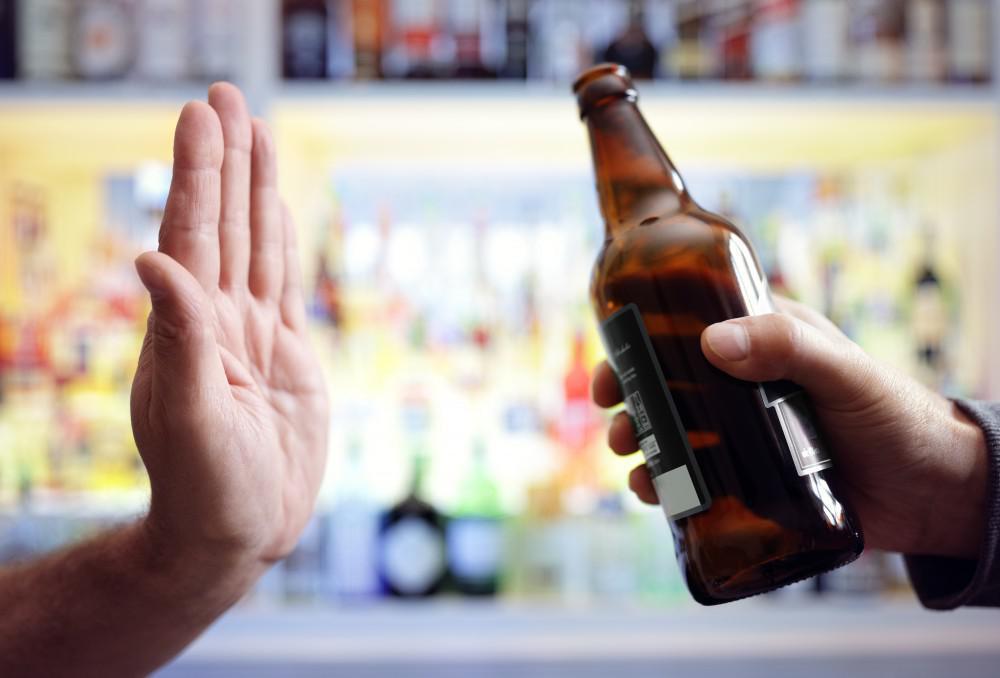
5 Tips for Staying Sober
You’ve done the work to become clean and sober, and you want to do what you can to stay that way. Here are five great tips that will help you safeguard your freedom from a substance use disorder.

You’re in excruciating pain and your doctor prescribes painkillers, allowing you to find much-needed relief. Or, perhaps you’re suffering from debilitating anxiety, and a small pill can help you find some calm. While these medications are extremely effective at what they’re intended to do, they come with a dark side — potential addiction.
Our experienced team of addiction specialists at Northview Wellness understands the dangers of certain prescription medications, and we’re here to help with recovery support should an addiction develop.
One of the best ways to avoid this outcome is to educate yourself on any medications you may be prescribed. In the following, we take a look at some of more common prescription medications that can lead to addiction.
To give you an idea of the problems that surround addictive prescription medications, here are a few statistics to consider.
In 2017, 18 million Americans over the age of 12 misused prescription medications at least once. Digging deeper, two million Americans misused pain medications for the first time during that same year, and one million misused stimulants.
Of patients who are prescribed opioids to control chronic pain, 21-29% misuse these medications, and 8-12% go on to develop an opioids use disorder.
What these numbers show us is that misusing prescription medications is rampant, and addiction is a clear and present danger.
Some of the more highly addictive prescription medications are those that contain opioids, which are used to suppress pain.
Opiate-based prescription medications include:
These medications are all very good at what they do, but their success can come at a cost as neural pathways in your brain slowly adjust themselves to these narcotics and demand ever-increasing amounts.
When it comes to addressing issues such as anxiety, hyperactivity, and sleep problems, depressants are often the go-to solution, as they target your central nervous system.
For example, a class of drugs known as benzodiazepines, including Xanax®, Ativan®, and Valium®, are often used to combat anxiety disorders, but these drugs can be highly addictive.
For a sedative effect, doctors prescribe barbiturates like Nembutal® and Seconal®, as well as sleep medications like Ambien®, Sonata®, and Lunesta®.
Since all of these medications affect your central nervous system, they can lead to the rewiring in your brain we mentioned above, which puts you on the road to addiction.
Stimulants are typically prescribed for conditions like attention-deficit hyperactivity disorder (ADHD), and these include amphetamines, such as Adderall® and Dexedrine® or methylphenidate, with brand names Ritalin® or Concerta®.
These medications can create a “high” when you use them, which can alter your brain to accommodate more use.
This is a question only you can answer. These medications do have their place, but only when you use them as prescribed. If you find that you’re taking more
than you should and that you’re beginning to experience cravings, it’s time to check in with us.
To learn more about taking potentially addictive prescription medications, contact our office by phone or email to set up a consultation.

You’ve done the work to become clean and sober, and you want to do what you can to stay that way. Here are five great tips that will help you safeguard your freedom from a substance use disorder.

The connection between a substance use disorder and a mental health issue is a strong one, as the nearly eight million Americans who have a co-morbidity prove. When this occurs, treating both issues is paramount.

Addiction is a chronic disease that requires constant vigilance and good management. When a person falls short, relapse can occur. If you’re worried that a loved one has relapsed, here are some signs to look out for.

You believe that you’re drinking isn’t normal anymore, and you’re tired of the overwhelmingly negative effects that alcohol is having on your life. The good news is that alcoholism is highly treatable.

The rise in availability of telehealth services has been great news for those who need (or would prefer) to receive quality health care from the comfort of their own homes. These services also extend to substance use disorders.

Whether you’ve tried to break your opioid addiction before or this is your first attempt, why not greatly increase your chances of success with Sublocade®? Here’s a look at how Sublocade can ease your recovery journey.